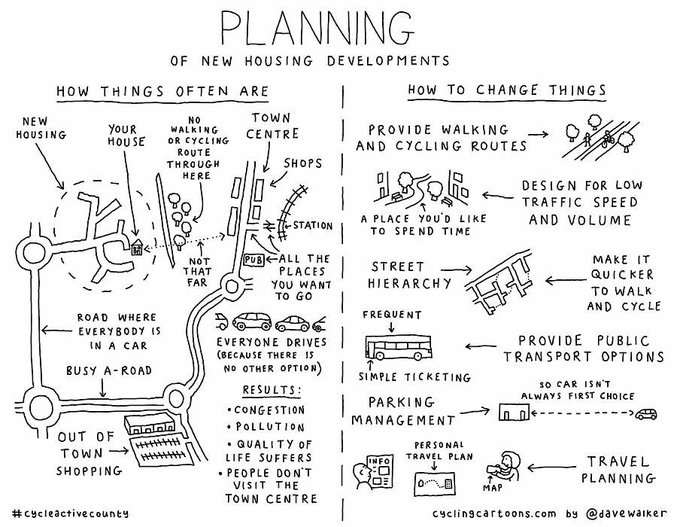The last time I blogged about climate was in early 2018. Back then, I said that the climate scare was “primarily a media phenomenon“.
I was seriously wrong. I had underestimated the decline of conspiracy, the degree to which it is impossible in the modern age to sustain insincerity1.
I also ignored everything I knew about the Cathedral. The media is part of the ruling structure; if the media believes something, then by definition the ruling structure believes it.
My mental model, at the time, was that the media promoted the climate scare because it was good TV. The politicians went along with it because it was good politics. But at the end of the day, real action on the climate would be superficial, fake, or indefinitely postponed to the future, because the sensible people behind the scenes would never actually cripple our entire civilisation over something so silly.
What an idiot.
In reality the climate scare was and is primarily a political phenomenon — one of the non-partisan runaway manias I discussed recently, under the title Loyalists without a cause. As I tweeted, “Since the end of the cold war, the most damaging movements have been non-partisan: environmentalism, social justice, global democracy.”
In the modern system, where nobody is responsible for results, and everyone is responsible for tomorrow’s papers, it is just very much easier to support something that makes you seem selfless or kind than to oppose it. If it is actually a live partisan issue, then you can and should take your side, in order to appeal to your party, but only a few things can be live partisan issues at once. Those are the important issues, and if you weaken your position by taking an unattractive position on an unimportant non-partisan issue, you risk concrete losses on the important partisan issues. (You also risk your own personal advancement.)
I did touch on this, back in 2010 — the left-wing commentator Jonathan Hari claimed that 91% of Conservative MPs “don’t believe man-made global warming exists.” And yet, I emphasised, they ran on a manifesto commitment to reduce greenhouse gas emissions.
In late 2018, I pointed out that “It is a feature of any large movement that pretending to believe something is effectively the same as believing it.” If Tory MPs in 2010 did not believe that man-made global warming existed, that made no difference. They effectively did believe it. There were no sensible people behind the scenes, keeping the power stations open.
There’s also a generational effect. The 2010 parliamentary conservative party might have been pretending, but newcomers coming in weren’t in on the joke.
There’s also no absolute limit on how far things can go, as Sri Lanka is in the process of demonstrating. There is no fuel on the island, no money to buy any because the export industries have been crippled, and the mob yesterday stormed the presidential palace. Because of environmentalism.
At the same time, it isn’t actually inevitable. To take one of my favourite themes, the unthinkable can become thinkable very fast. This could happen tomorrow.
The German Green party just voted for more coal power 2
The European Commission and Parliament have agreed that Natural Gas is Green and sustainable
The easy way to save civilisation, without looking an idiot on climate change, is just to not talk about it. It all got going because the media would happily report the conflict between “nice” pro-environment politicians and “nasty” anti-environment politicians, and nobody wanted to appear nasty. If the left-wing media see that banging on about climate change is bad for their politicians, they will keep their mouths shut. The population will forget all about it in a matter of weeks. If it stays a non-partisan issue, then politicians will as always take whatever side of the story gives them better press.
Over a longer timescale, when the fanatics counterattack, then an actual counter-narrative will gradually be built. The dangers were over-hyped. Adaptation is feasible. Warm weather is actually good. Those of us who have been saying all of this for decades will be completely ignored, but our talking points, suitably laundered, will be everywhere. As I said before, decades from now the question will be recorded in history as a media fad that got out of hand.
A bunch of scientists will have funding dry up. But this was never really about science. The whole climate scare is fundamentally political, not scientific. Because of that, if the politics change everything else will just topple. In the early years of this blog, I wrote very frequently about the science, or lack thereof, of global warming. There is a small amount of very bad science making the case for a catastrophe. There is a truly vast amount of science explicitly taking that as a given, and wrapped in verbiage that seems to support it, but not itself adding any evidence. There are a lot of papers whose conclusions are phrased to give support to the dominant political narrative, but whose concrete findings are wholly compatible with “negligible effect”. Change the political incentives, and all these papers can be repeated, with identical results and “nothing need be done” abstracts. Again, history will not describe this as a scientific story.
The active propagandists of global warming always knew that this could happen. You can see that very clearly in the climategate emails that leaked in 2009 — they were desperate to keep control of the media narrative, even though to casual observers it looked like their opponents were very few and weak.
I’m not actually particularly confident that it is going to break like that now. Sri Lanka shows that it is not inevitable. But it could happen.
